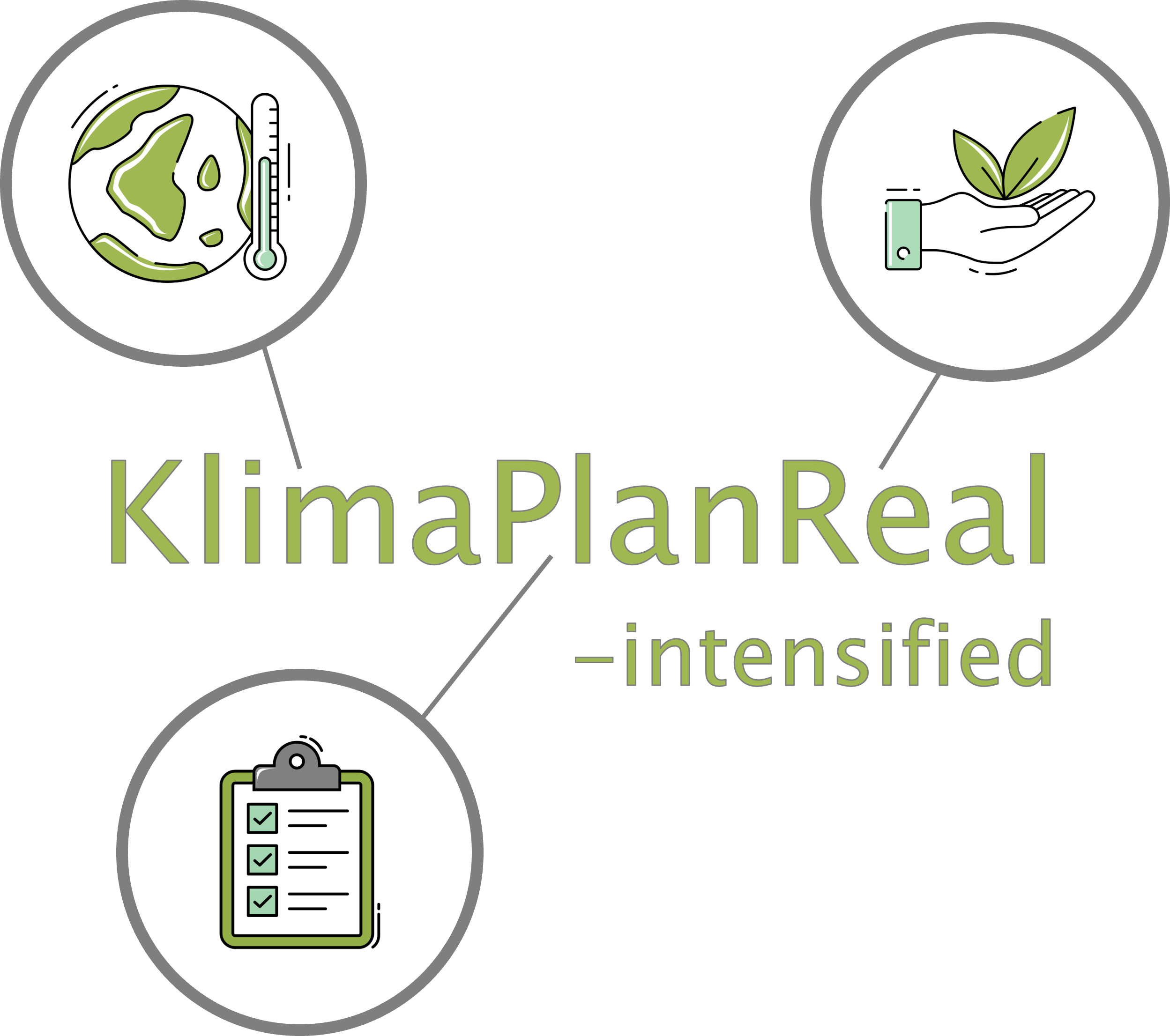Hochschule Anhalt
- Climate plan of the Hochschule Anhalt (in German only)
- Impact assessment of the Hochschule Anhalt (in German only)
Note on the impact assessment and the selection of the measures for the Transfer Laboratories
In order to select suitable proposals for measures from the climate plan for the upcoming transfer labs, these were evaluated in terms of their greenhouse gas reduction potential, the expected implementation costs and duration, their feasibility within a transfer lab and other criteria (impact assessment). This assessment was used to preselect seven promising measures from all six fields of action. This selection was presented to the project partners and the scientific advisory board and discussed with them. The implementation options were then also discussed with representatives of the university management.
Following these necessary consultations, two proposals for measures were selected for implementation in the transfer laboratories. The first transfer lab focuses on the proposed measure "Efficient IT / energy savings in everyday university life" from the energy field of action in order to achieve GHG reductions and establish a more sustainable use of equipment. The second transfer lab on the measure "More species-rich flowering meadows and trees" from the biodiversity field of action has a high level of visibility and is intended to contribute to the promotion of biodiversity and climate adaptation of campus green spaces at Anhalt University of Applied Sciences.
Follow-up of the (other) ClimatePlan measures
Further feasible proposals for measures from the climate plan were integrated into the action plan for implementing the sustainability strategy of Anhalt University of Applied Sciences drawn up by the sustainability working group led by Sabine Thalmann (Head of Administration) and Prof. Dr. Sabine Tischew (Vice President for Research, Transfer and Sustainability) and are now being successively implemented. This means that the KlimaPlanReal project will be effective beyond the funded project period and pays special tribute to the commitment of the members of the University Climate Council.

